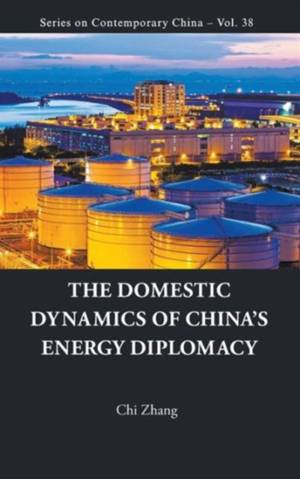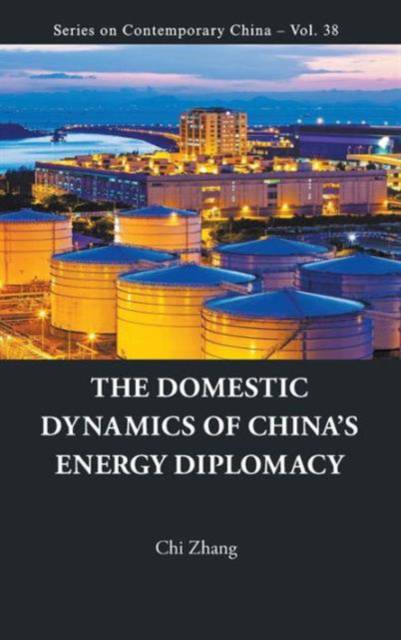
- Afhalen na 1 uur in een winkel met voorraad
- Gratis thuislevering in België vanaf € 30
- Ruim aanbod met 7 miljoen producten
- Afhalen na 1 uur in een winkel met voorraad
- Gratis thuislevering in België vanaf € 30
- Ruim aanbod met 7 miljoen producten
Zoeken
Omschrijving
Since the beginning of the 21st century, China's energy diplomacy has been expanding rapidly and the country is searching for energy resources worldwide. This movement has not only improved China's energy security and international relations, but also enabled the Chinese national oil companies (NOCs) to access new investment markets and implement development strategies. The Chinese government and the NOCs need each other's support to realise their respective interests. The interaction between the government and the NOCs will have a critical influence on China's energy diplomacy. The Domestic Dynamics of China's Energy Diplomacy explores the long-neglected domestic dynamics of China's energy diplomacy, in particular the interaction of national and corporate interests. It argues that the convergence of national and corporate interests is the key momentum of China's energy diplomacy. It observes that the government-NOC relationship has been evolving with China's economic and enterprise reform. Finally, it tests the empirical evidence of the domestic dynamics of China's energy diplomacy against the three mainstream international political economy theories, showing their merits and shortcomings in explaining the phenomenon, before providing an alternative conceptualisation of the movement.
Specificaties
Betrokkenen
- Auteur(s):
- Uitgeverij:
Inhoud
- Aantal bladzijden:
- 384
- Taal:
- Engels
- Reeks:
- Reeksnummer:
- nr. 38
Eigenschappen
- Productcode (EAN):
- 9789814696739
- Verschijningsdatum:
- 27/09/2015
- Uitvoering:
- Hardcover
- Formaat:
- Genaaid
- Afmetingen:
- 152 mm x 229 mm
- Gewicht:
- 684 g

Alleen bij Standaard Boekhandel
+ 457 punten op je klantenkaart van Standaard Boekhandel
Beoordelingen
We publiceren alleen reviews die voldoen aan de voorwaarden voor reviews. Bekijk onze voorwaarden voor reviews.








